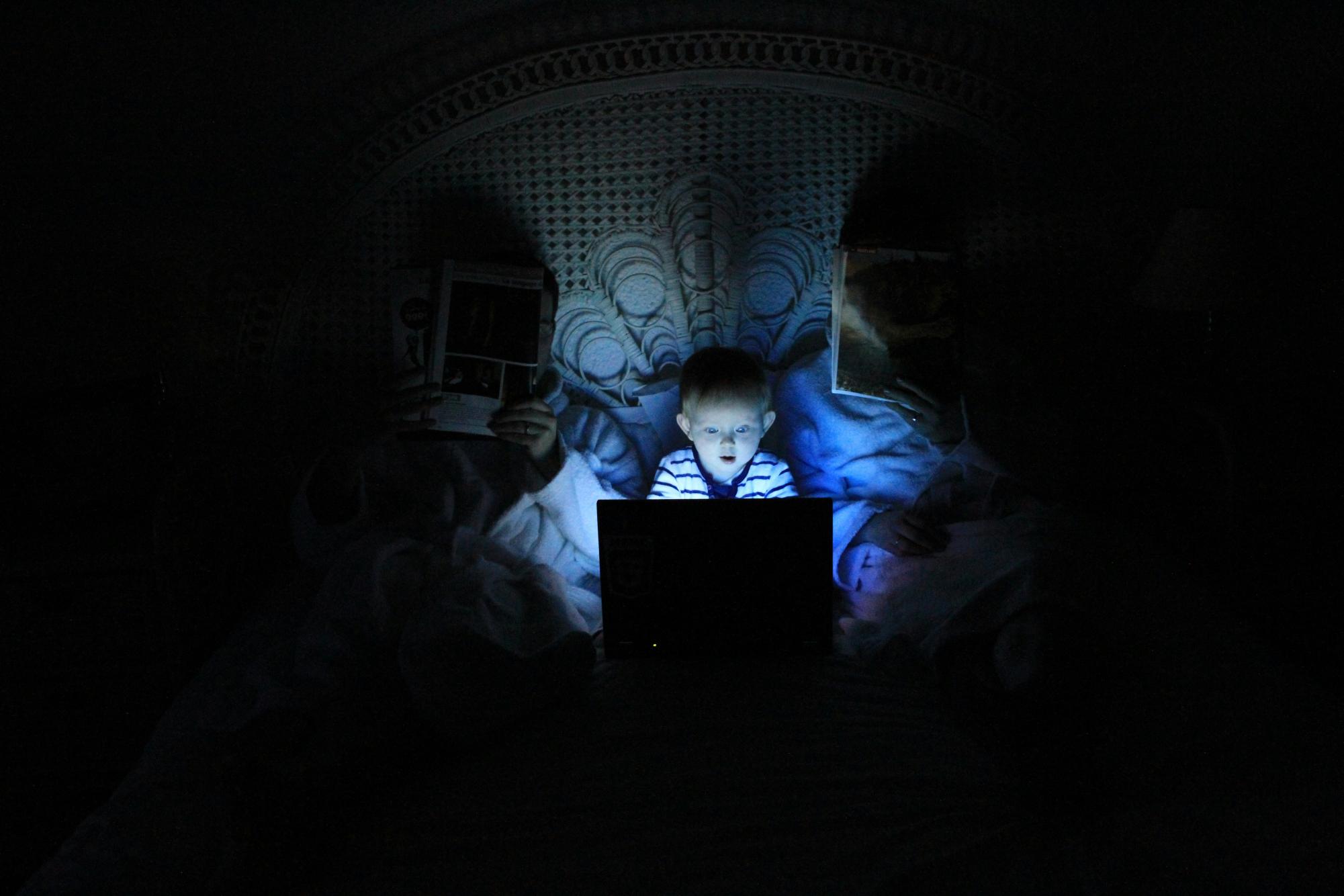We started using the internet on Jan. 1, 1983, and since then, it has evolved drastically. You can now do almost anything with it, for example paying bills, buying things, meeting new people, and playing games. The internet has made many tasks and obtaining information much easier over the years and is very beneficial to our society. However, there is equally the same amount of negativity to it.
There is a limit for everything, and there should be a limit on what ages can access the internet and more safety measures. The internet can cause social withdrawal, learning difficulties, isolation addictions, a decrease in physical well-being, and more. These effects of being on the internet can severely impact anyone, but it affects younger children more since their minds are not fully developed.
An example, a popular social media platform like TikTok causes a decrease in people’s attention spans due to continuously getting used to receiving information conveyed within 30 seconds. This causes the brain to tend to get more distracted easily and to have a decrease in attention span. This decrease causes one’s mind to wonder if what they are learning about is not going to be interrupted if the material is taught for “too long.”
The internet makes us more impatient due to fast graphics and getting results quickly. For students, this can cause a decrease in grades and students not being able to retain the material effectively due to it being difficult to concentrate for longer periods because they have a shorter attention span. This applies to all age groups changing one’s ability to concentrate, but it is important to pay more attention to the younger generations who are meant to be obtaining information and learning for their and our future.
“I think that there should be an age limit on younger kids that use the internet, and when they do, there should be restrictions,” said sophomore Tyler Compton.
The internet plays a role in an increase in risky behaviors due to trends. It affects users’ way of thinking and changes the way someone may see societal norms. If someone is exposed to a lot of people thinking the same way, they are more likely to follow along and consider this the social norm.
This causes other opinions that may not be as popular to be looked down upon, limiting creativity and the ability to express one’s own opinions due to peer pressure of feeling the need to fit in and believe what the majority thinks.
Beauty standards are something else that is conveyed through the internet a lot, causing a higher dissatisfaction in the way others or one looks. This may also cause unrealistic expectations of what one looks like. All of this could lead to eating disorders, unbalanced dieting and deficiencies in vitamins.
All these things can severely impact a child’s mindset and cause them to reenact things they see on the internet. Having unrealistic standards hurts their mental health. Every age group from children to adults should have different restrictions to protect mental health and possible addictions.






